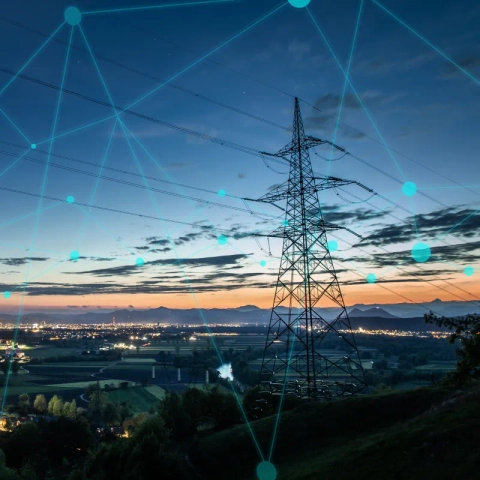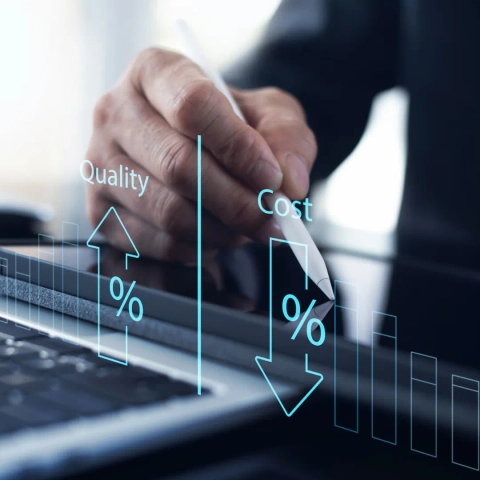Understanding Non-Commodity Costs on Energy Bills

How non-energy costs are passed through to household and business consumers in their gas and electricity bills.
Helping you understand how non-commodity (e.g., anything that is not related to the wholesale cost of gas and electricity) costs find their way on to customer’s energy bills.
We will explain the principles for passing through costs to consumers associated with energy networks, government policy schemes and other initiatives embedded in the gas and electricity markets in GB. Our experts will set out how costs feature in a customer’s unit rate or standing charge, which customers may be exempt from some charges, how costs change over time and the outlook for these important elements of a customer’s bill.
The online session delivers a mix of lecture-style learning, case studies and worked examples to reinforce learning.
Objectives of this course
-
Understand the key principles underpinning how non-commodity costs in the gas and electricity markets are recovered from customers
-
An explanation of the non-commodity costs passed through to customers and how they change
-
How policy scheme costs, network charges and other non-commodity costs appear on customer energy bills as a standing charge or in the unit rate
-
Understand how different customers, such as businesses and households, have costs passed through differently
-
The outlook for non-commodity charges
Who is this course for?
-
Gas and electricity suppliers
-
Regulators and government departments
-
Businesses needing a better understanding of their energy bills
-
Energy advisors and brokers
What to expect?
-
Delegates will receive soft copies of the materials presented by our market experts
-
Learning delivered by Cornwall Insight’s market experts
-
Pre-course materials, including an industry glossary and short primers
-
Case studies and interactive tools to reinforce learning
How non-energy costs are passed through to household and business consumers in their gas and electricity bills.
Helping you understand how non-commodity (e.g., anything that is not related to the wholesale cost of gas and electricity) costs find their way on to customer’s energy bills.
We will explain the principles for passing through costs to consumers associated with energy networks, government policy schemes and other initiatives embedded in the gas and electricity markets in GB. Our experts will set out how costs feature in a customer’s unit rate or standing charge, which customers may be exempt from some charges, how costs change over time and the outlook for these important elements of a customer’s bill.
The online session delivers a mix of lecture-style learning, case studies and worked examples to reinforce learning.
Objectives of this course
-
Understand the key principles underpinning how non-commodity costs in the gas and electricity markets are recovered from customers
-
An explanation of the non-commodity costs passed through to customers and how they change
-
How policy scheme costs, network charges and other non-commodity costs appear on customer energy bills as a standing charge or in the unit rate
-
Understand how different customers, such as businesses and households, have costs passed through differently
-
The outlook for non-commodity charges
Who is this course for?
-
Gas and electricity suppliers
-
Regulators and government departments
-
Businesses needing a better understanding of their energy bills
-
Energy advisors and brokers
What to expect?
-
Delegates will receive soft copies of the materials presented by our market experts
-
Learning delivered by Cornwall Insight’s market experts
-
Pre-course materials, including an industry glossary and short primers
-
Case studies and interactive tools to reinforce learning
Price
£649 +VAT
Course Structure
This course runs across two days, two hours per day
Available Dates
23rd-24th June 2026 | 10am-12pm
3rd-4th November 2026 | 10am-12pm
Location
Online using Microsoft Teams
Contact us
Email: training@cornwall-insight.com

Fill in your details and we will get back to you as soon as possible


